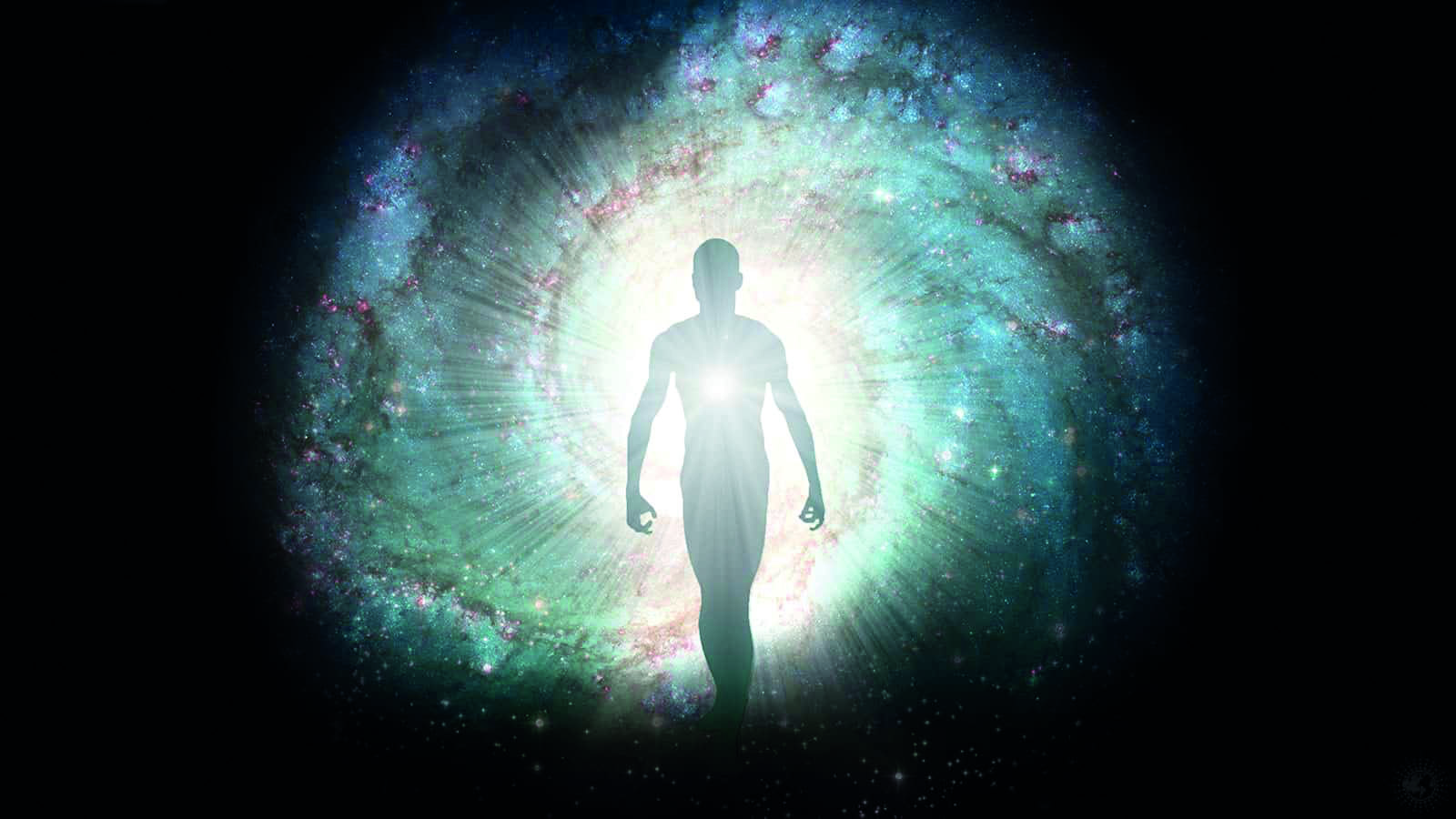
Recently, a Parsi Zoroastrian lady passed away in Mumbai and as per her wish and long-standing instructions to her family members, her mortal remains were donated to a medical college in Mumbai for medical research. In other words, the mortal remains were neither buried, nor cremated, nor consigned to the dokhma. There was a question whether her four-day ceremonies could be performed. The traditional priests refused to perform the four-day ceremony. A reformist priest was willing but acted rather high-handed and greedy. Ultimately, priests from outside Mumbai came to Mumbai and performed the Uthamna at a secular (non-religious) hall. The family took it all stoically and upheld the dignity of their dear departed loved one, as also their own self-respect and dignity.
Scriptural Position
Many in the community today donate their eyes, skin and even organs like kidney and liver. The traditional priests frown upon these final acts of charity too, yet they do perform the four days ceremonies. The question arises, how different is donation of body parts from donating the full body for medical research? If there is no difference between donating various body parts and donating the whole body, why is the punishment different and only for the four-day obsequies?
According to the Vendidad, Spenta Armaity – the Spirit of Earth, is displeased and feels tormented when corpses of human beings, as also dogs, are buried. What the Vendidad means is burying a dead, decaying corpse pollutes the earth. It is the same with cremation, whether with wood, gas or electricity. Fire is the source of light, life, and a channel through which Zoroastrians worship Ahura Mazda. What we traditionally offer to fire is fragrant wood and not a decaying, putrefying corpse. Besides, fumes from a burning corpse pollute the air.
Thus, dokhmenashini remains an eco-friendly system for the disposal of the dead. However, this facility is available only in India and Pakistan. In India, too there are several states where this facility is no longer available and priests do offer their services for the four-day ceremonies.
The question is whether the Vendidad or any other scripture say anything about donating body parts or the full body after death to science? The answer is in the negative. In this matter, I was in disagreement with a traditional Parsi, who said with absolute conviction, that the soul of the person who donates any organ or the full body, suffers. When asked which scripture proclaimed this, he quoted from an esoteric book written less than a hundred years ago, by a self-appointed interpreter of the Zoroastrian faith! I also confronted, that even assuming the soul suffers, why make the living family members suffer and deny them the solace that performance of religious ceremonies offers to the living?
Unfortunately, some traditionalists speak and write as if they have a hotline with the Divinities guarding ‘chinvat pool’ (bridge of the separator) and can personally monitor and evaluate the plight of the soul, not showing any compassion for the feelings of the bereaved family members.
Death And Fate Of The Soul
Zoroastrians view death as an affliction of evil. The soul or spirit is immortal and is judged after the death of the body. It is believed that after death, the soul passes over a narrow bridge. At the entrance to the bridge stands the Daena, or conscience, in the form of a maiden. Good souls see a beautiful woman, while evil souls view a ghastly sight. The good, led by the beautiful maiden, pass over to the ‘House of Songs’ or Paradise. The souls of those who have lived evil lives fall into a dark, cold ravine or ‘House of Lies’.
There is also the belief that on the dawn of fourth day after death (Chaahrum), the Urvan (soul, spirit or the spiritual essence) stands before a Divine Tribunal of Meher, Rashne and Ashtad Yazad, who balance all the actions of the soul during its life, and if good actions outweigh the bad, the soul is allowed to cross the Chinvat Bridge to Garothmaan or Garo Demaana – the House of songs.
Meher, who is doctrinally seen as Davar or Judge, along with Rashne who is Raast or Righteous Judge, and Ashtad as the embodiment of Truth – jointly judge the soul’s balance sheet of deeds. By a liberal interpretation, standing before the Divine Tribunal could also be interpreted as the soul being able to see its deeds in the presence of Meher (Divine Light), with Ashtad (Truth) and Rashne (to righteously judge its own actions throughout life on earth). Thus, the soul judges its own deeds and finds itself in a happy state of consciousness (House of Song) or a reflective state of consciousness. Hence, the soul is not judged based on how its mortal remains are disposed on earth. It is judged based on its deeds while on earth.
The Concept Of Heaven
Garodman, is the Pahlavi term for heaven or paradise. It frequently appears as a synonym for Wahist or what Parsis call Behest. In the Pahlavi texts, Garodman or Garothman is described as a place that is radiant pleasant, peaceful, sweet-smelling and happy. In other words, good souls find themselves in a happy state of consciousness.
Prayers For The Dear Departed
With regard to what one could pray for one’s dear departed one, traditionally, we should pray the Patet Ravani (prayer for atonement of the soul of the dead) during the first three days after death. Thereafter, on the fourth day (charum), tenth day (dasmu), thirtieth day every month (siroj), sixth month (chamsi) and first death anniversary (varsi) after death, the satum (stum) and Fravardin Yasht can be prayed or Farokshi, which is a blend of Fravardin Yasht and the Stum no Kardo. One may also perform acts of charity in the name of the deceased loved one.
- Celebrating Women And Equality - 8 March2025
- How The Greeks Viewed Ancient Persians - 1 March2025
- Moon And Moods - 22 February2025
